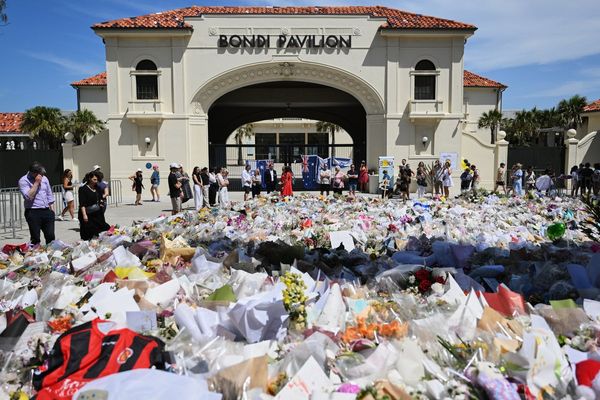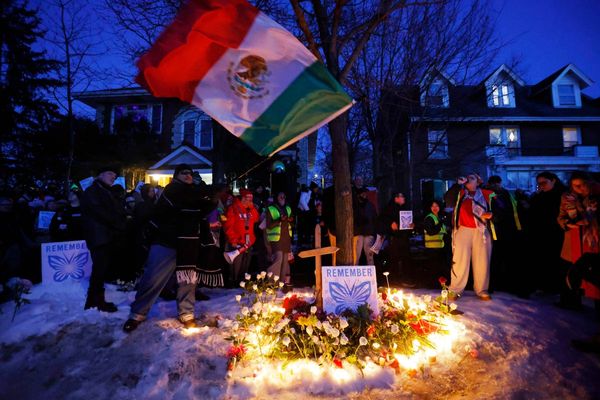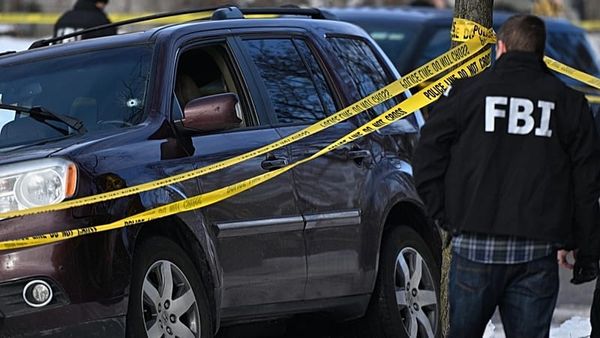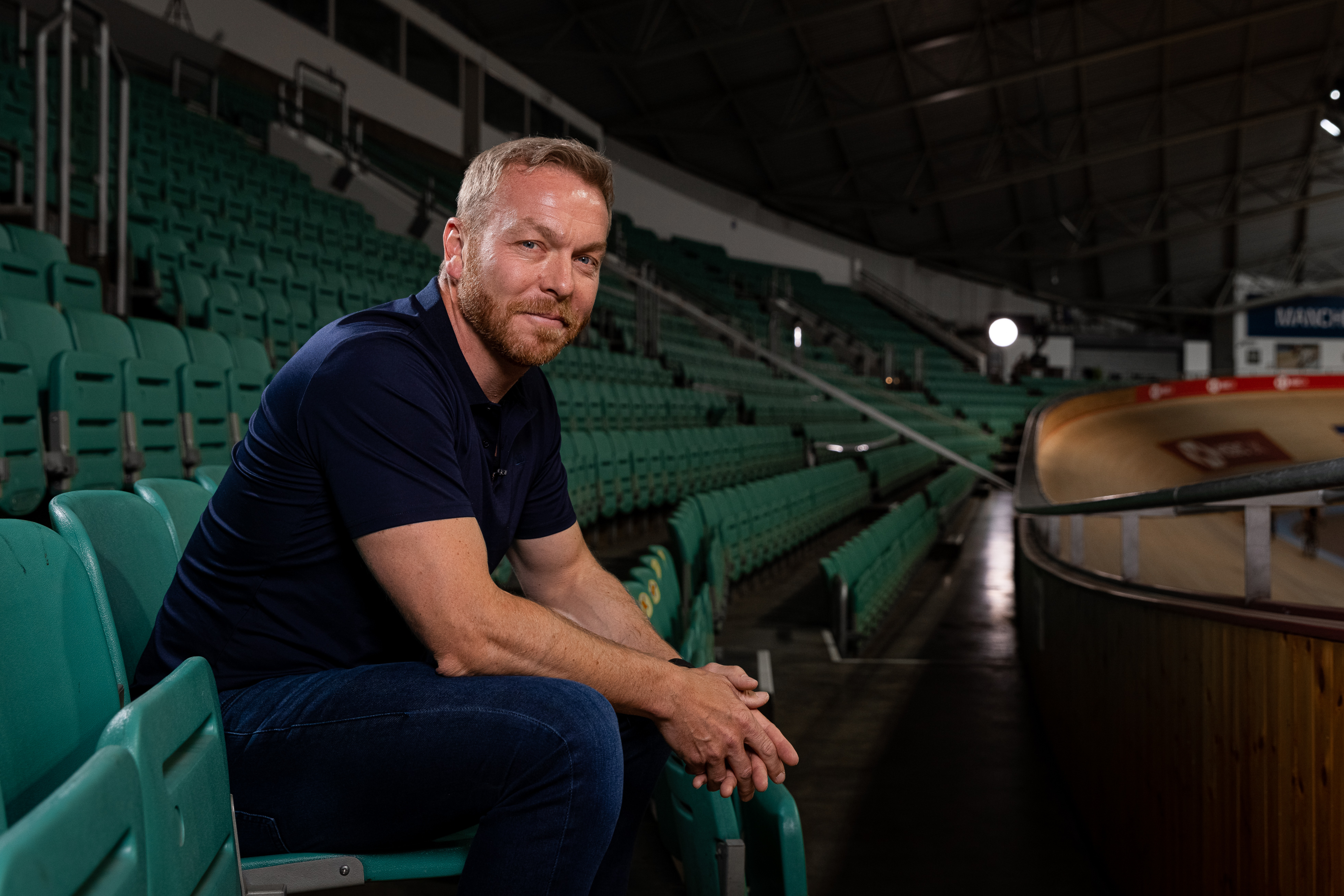
Sir Chris Hoy says that his terminal cancer diagnosis came “completely out of the blue” and that he believes the screening age for prostate cancer in men “should be a lot younger”.
Hoy revealed in February that he was undergoing treatment for cancer and that he was having chemotherapy. He then announced last month that he has now been told that his illness is terminal and that he may only live up to four more years.
In a wide ranging interview with the BBC, the 48-year-old discussed his diagnosis at length and the journey he has been on in recent months. Hoy also explained that he feels the screening age for prostate cancer in males should be lowered from the current age bracket. The health secretary, Wes Streeting, said that it was something the government was "actively looking at".
“It has been the toughest year of our lives so far by some stretch,” Hoy said as he explained that he had no obvious symptoms or warnings of his illness . “September 2023 I got the news that I had a terminal illness, I’ve got stage four prostate cancer... All I had was a bit of pain in my shoulder and a bit of pain in my ribs.”
“Looking back now my Grandpa died from prostate cancer, my Dad has had it and has been treated for it, so it is a genetic thing and it is in the family, but it can happen to anybody,” he added.
“One in eight men will have prostate cancer in their lives at some point, but if you’ve got a family history of it like I have, or if you’re over the age of 45 just go and ask your doctor. It’s not painful, it’s not awkward, there’s nothing difficult about it, it’s just a blood test.
“I believe that the screening for men with a strong family history of prostate cancer should be a lot younger. It’s logical to me that why would you not just get the test a little bit earlier and catch it before you need to have any major treatment. To me it just seems like a no-brainer.”
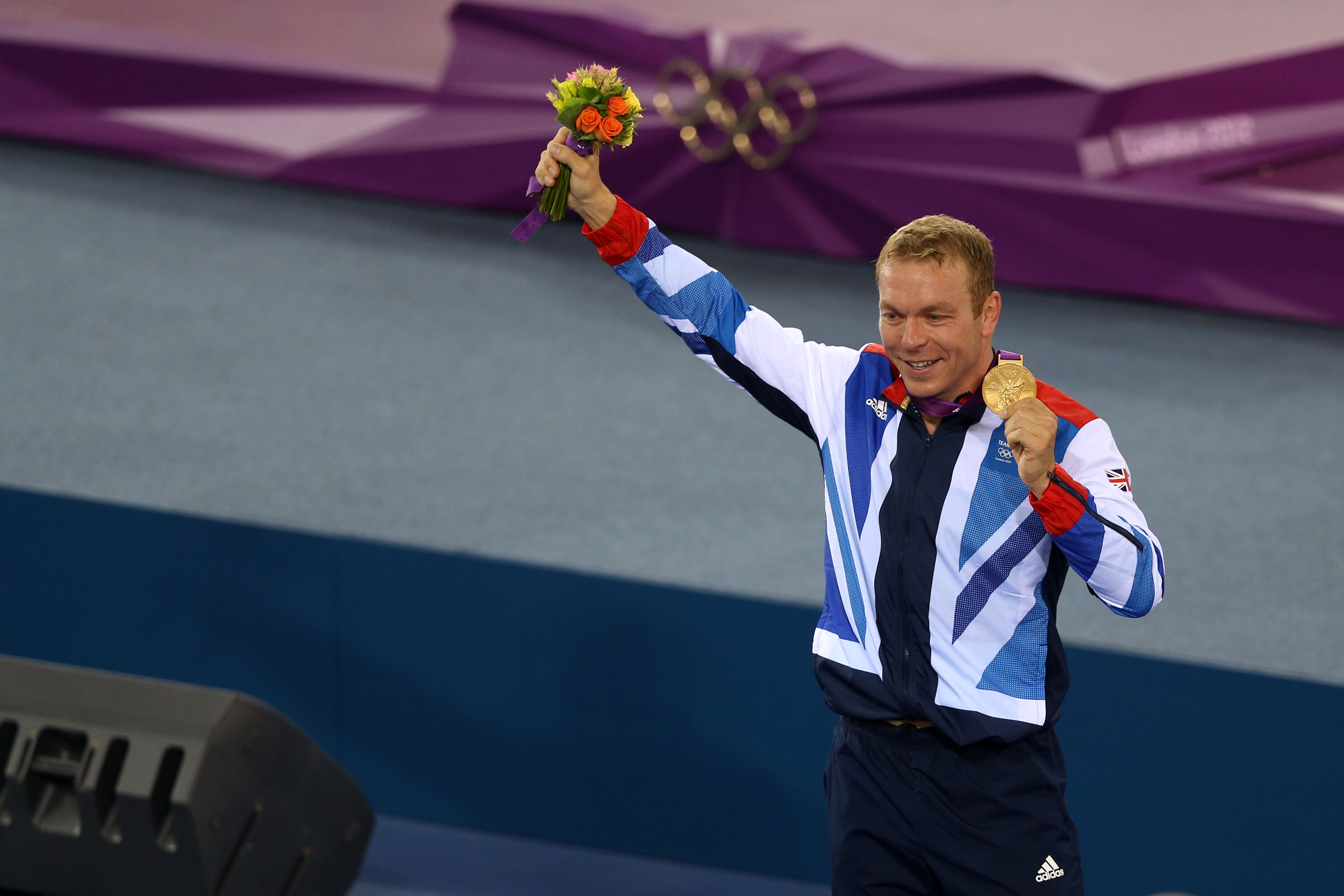
Hoy told the BBC that he initially thought the pain he had been experiencing was potentially related to pushing himself too hard in the gym.
“I just thought it was aches and pains,” he said. “But this ache and pain didn’t go away… I just assumed it was going to be tendonitis or something and it was just going to be a case of lay off weights or lay off cycling for a wee while and get some treatment then it’ll be fine.
“When the scan result came back it was a tumour, and it was the biggest shock of my life. I remember the feeling of just absolute horror and shock, appointments and seeing different doctors and different hospitals, But you were in this world where you felt like you were just existing, you weren’t living, it was just like a living nightmare.
“I’ll never forget the words ‘it’s incurable but it’s manageable’ it’s only when you’re in really difficult situations where you find out what you’re really made of and what you can deal with. It puts it into perspective riding bikes for a living, you sort of realise that was just a bit of fun really.”
“It was one of the biggest challenges that I’ve ever faced and gone through… it was excruciating and like torture” he said of chemotherapy as he explained that his young son was anxious about the possibility of him losing his hair.
Hoy revealed that he got through the treatment by breaking it down into smaller chunks in his head in order to get around what he described as “the mental struggle”.
“It seems horrendous when you look at it and think ‘it’s two more hours, I can’t cope’ but don’t do it for two hours, do it for one minute, the strategy was just take it one step at a time,” he said. “Just watch that seconds hand going round the clock, if you can do one more minute then that’s all you need to do. It gets round to the end of that one minute and you just do it again.”
“When you hear terminal illness, terminal cancer, you just have this image in your head of what it’s going to be like. And everybody is different, not everyone is given the time that I’ve been given and that’s why I feel lucky,” he added.
“We genuinely feel lucky, as crazy as that might sound, because we’ve got the time. I’m not delusional, I know what the end result will be, but that’s not changed. Nobody lives forever and that thing that you’ve always planned to do one day, why not do it today?”
Sir Chris Hoy: Finding Hope will be on BBC One at 8pm on Tuesday, 5 November and will then be available to watch on BBC iPlayer.


